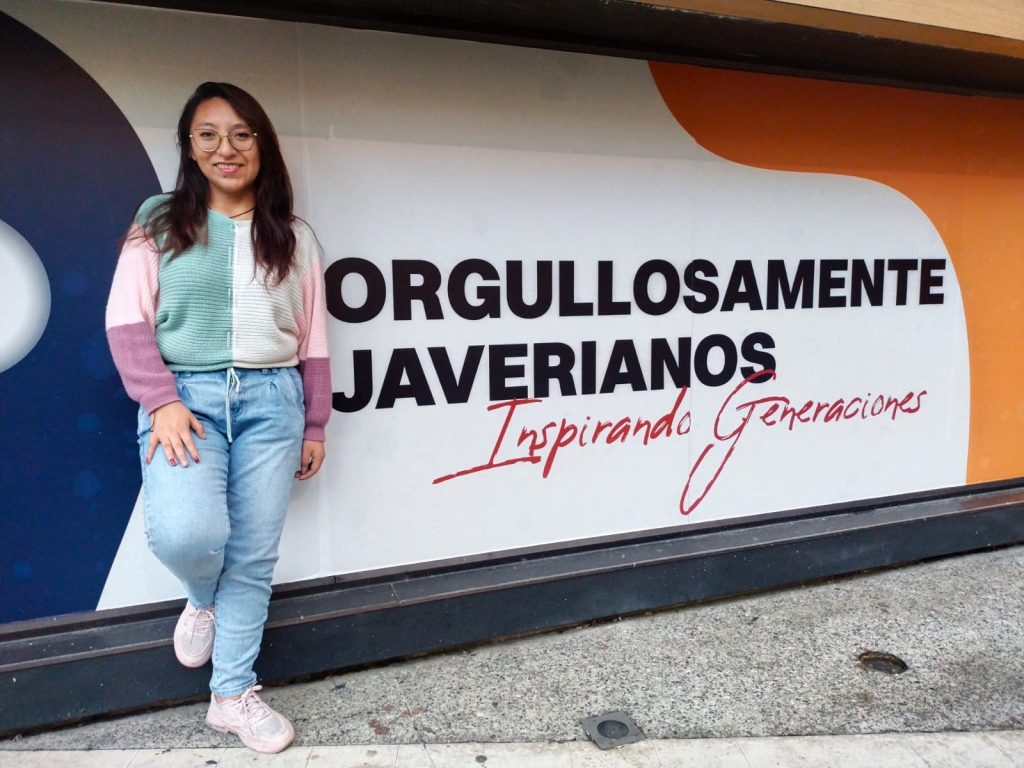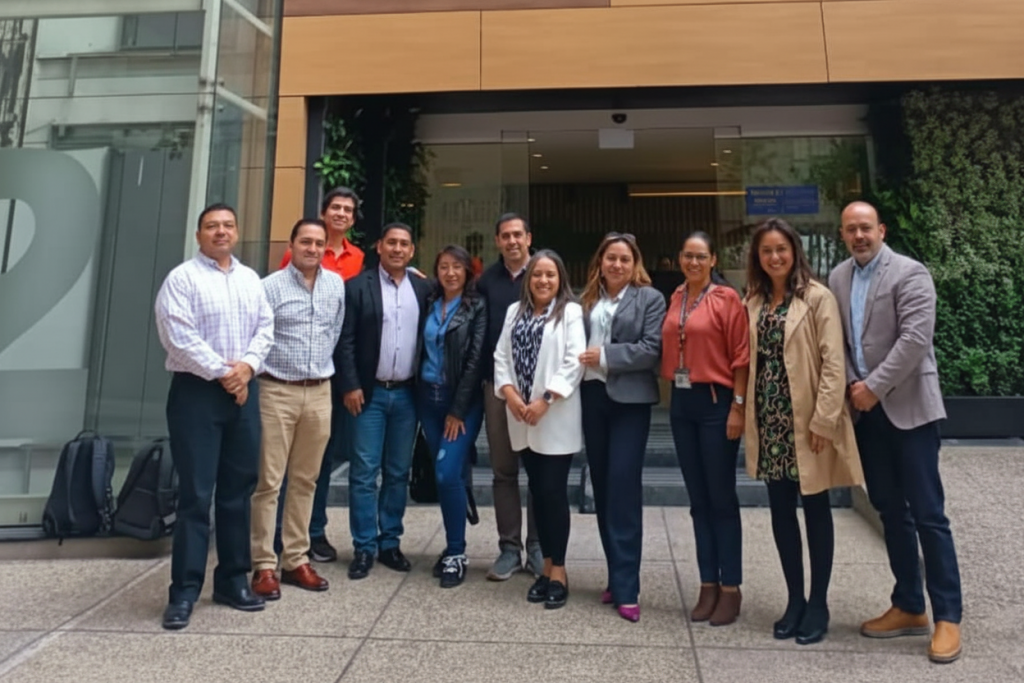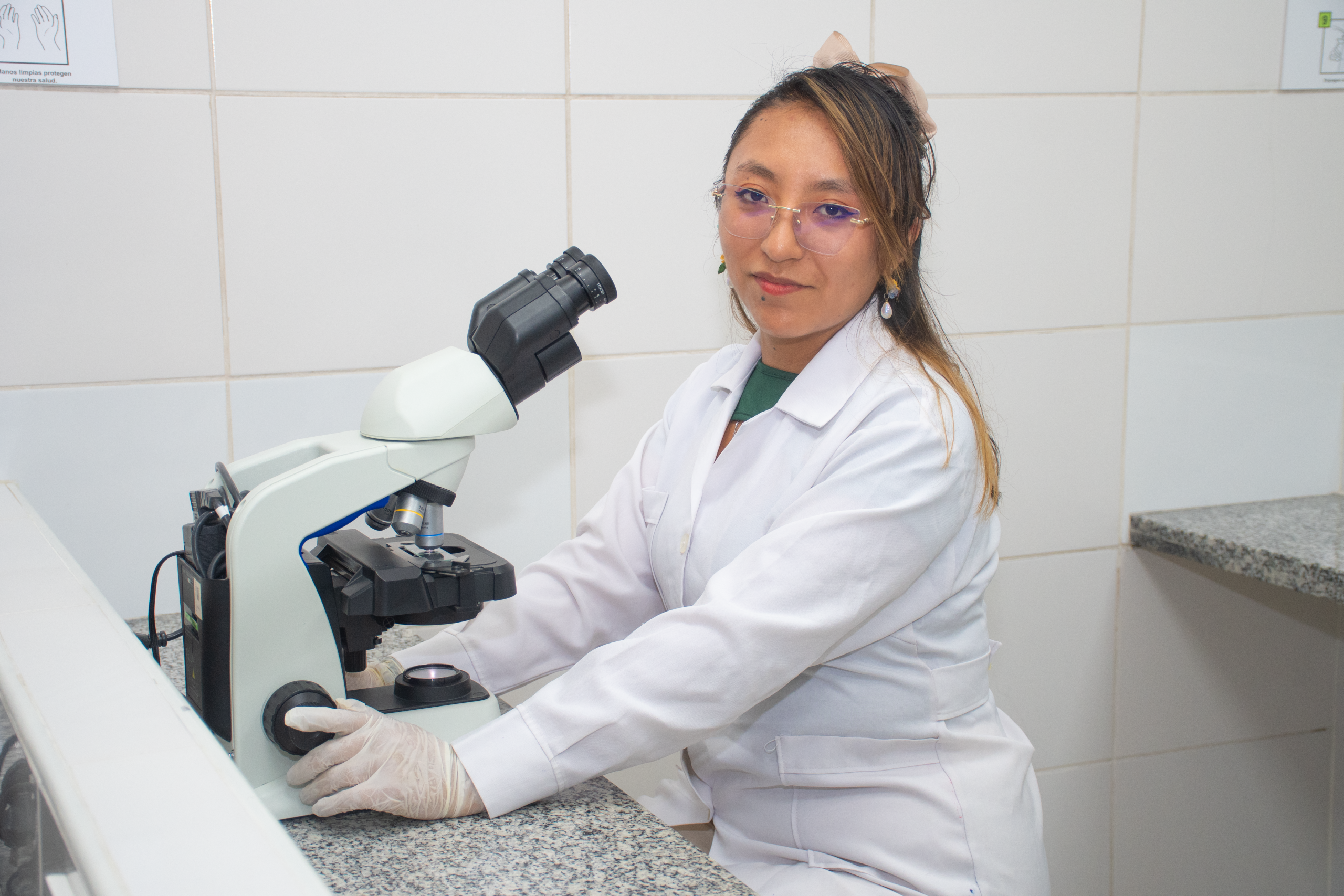For decades, vulnerable communities have been part of various studies and research projects where they received little or no information. At the NIHR Global Health Research Center for Latin America (NIHR LatAm), we understand that health research only makes sense when built upon the dignity and respect of people. That’s why talking about Bioethics helps us connect science with communities through trust and respect.
One of our young researchers, Dailyn Llanos Agno, a Bolivian pharmaceutical biochemist from Unifranz University and a fellow of our NIHR LatAm Education Program, has chosen bioethics as her professional commitment:
“My interest in bioethics arose from the research I carried out during my studies. In Bolivia, this field remains very limited, but the professors who guided me awakened in me the need to highlight the ethical problems that are rarely discussed.”

For Dailyn, joining the NIHR LatAm Center confirmed that science can be a bridge between worlds — where ethics and research dialogue without borders, focusing on vulnerable communities.
“What motivated me was the excellence of the project, its focus on Latin America’s challenges, and especially its emphasis on vulnerable populations. That inspired me to fully commit to ethical research.”
Her master’s thesis analyzes ethical considerations in Indigenous communities, an area with very little literature available:
“Out of 50 articles reviewed, only three or four mention ethics in Indigenous communities. That shows how little attention this has received. Bioethics can open doors to ensure autonomy, justice, and respect in these studies.”
The experience she gained through her exchange with the Pontificia Universidad Javeriana in Colombia left her with a lesson that goes beyond academics — the culture of sharing without selfishness:
“What impacted me the most was how professors and colleagues share knowledge generously. If they don’t know something, they explore it with you. That deeply marked me because, in our region, that kind of generosity in science is often lacking.”
Today, Dailyn faces an important challenge in Bolivia: contributing to the strengthening of the National Research Ethics Committee, which will open spaces for debate on how health studies are developed in the country.
“Medicine often focuses only on the disease, but not on the patient’s social background. Ethical research can help us incorporate context, living conditions, and vulnerabilities.”
We are proud of this new generation of researchers who carry a clear ethical compass. With every step they take, they sow the seeds for health policies that are fairer, more collaborative, and attuned to the realities of Latin America.


